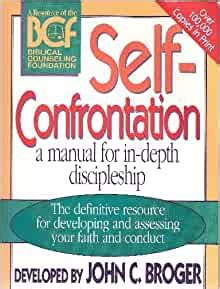A Quote by Billy Graham
Suffering is part of the human condition, and it comes to us all. The key is how we react to it, either turning away from God in anger and bitterness or growing closer to Him in trust and confidence.
Related Quotes
When we depend on anything smaller than God to provide us with the security, significance, meaning, and value that we long for, God will love us enough to take it away. Much of our anger and bitterness, therefore, is God prying open our hands and taking away something we've held onto more tightly than him.
Contrary to popular opinion, Christians are not nice polite people who never get angry with one another. Those are not the virtues of God's people. Our virtues are truth-telling, kindness, forgiveness and yes, even anger-as long as it is the anger that is part of true love-through which we move closer to one another and to the God who has shown us how it is done.
A woman wanted to know how to deal with anger. I asked when anger arose whose anger it was. She said it was hers. Well, if it really was her anger, then she should be able to tell it to go away, shouldnt she? But it really isn't hers to command. Holding on to anger as a personal possession will cause suffering. If anger really belonged to us, it would have to obey us. If it doesn't obey us, that means it's only a deception. Don't fall for it. Whenever the mind is happy or sad, don't fall for it. Its all a deception.
Trusting God means transferring our confidence and hope from ourselves to him, acknowledging that we have no ability in ourselves to live in a way that pleases him. Only he can change us by the power of his Spirit in us. This trust is manifested in a context of obedience in our lives to the biblical mandates God calls us to pursue. Training means acting upon that trust by doing things that help us rely upon God more and live out his desire for us.
I am a Christian because of that moment on the cross when Jesus, drinking the very dregs of human bitterness, cries out, My God, my God, why hast thou forsaken me? (I know, I know: he was quoting the Psalms, and who quotes a poem when being tortured? The words aren’t the point. The point is he felt human destitution to its absolute degree; the point is that God is with us, not beyond us, in suffering.)
Suffering is universal; how we react to suffering is individual. Suffering can take us one of two ways. It can be a strengthening and purifying experience combined with faith, or it can be a destructive force in our lives if we do not have the faith in the Lord's atoning sacrifice. The purpose of suffering, however, is to build and strengthen us.






































